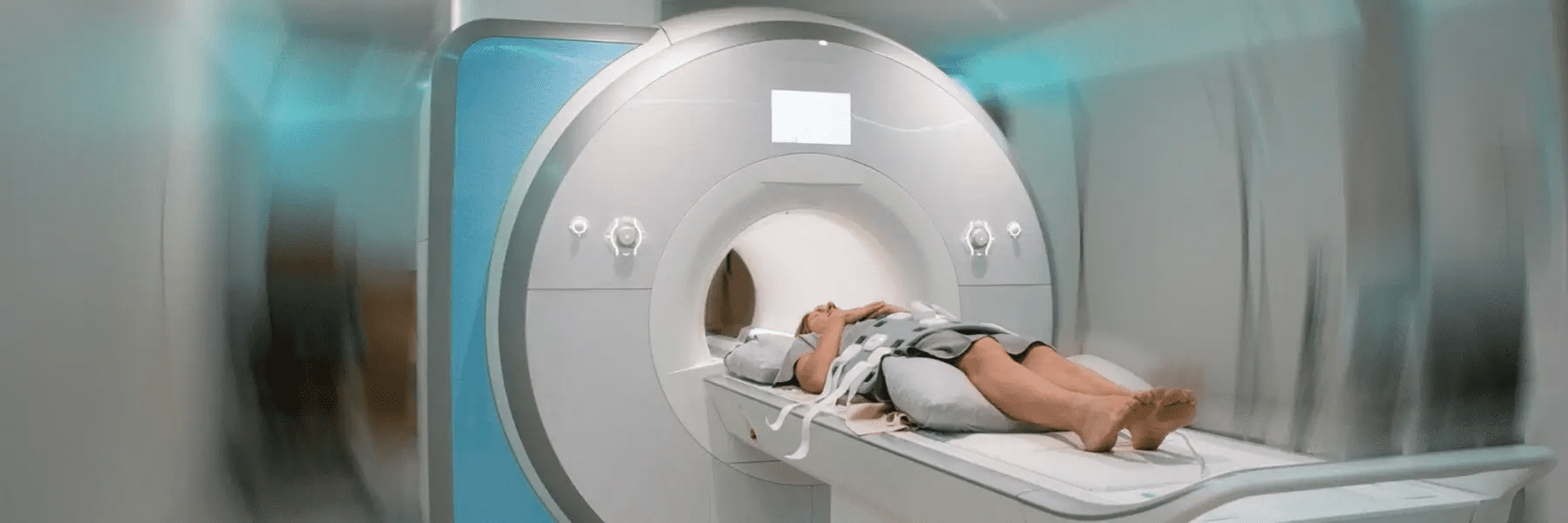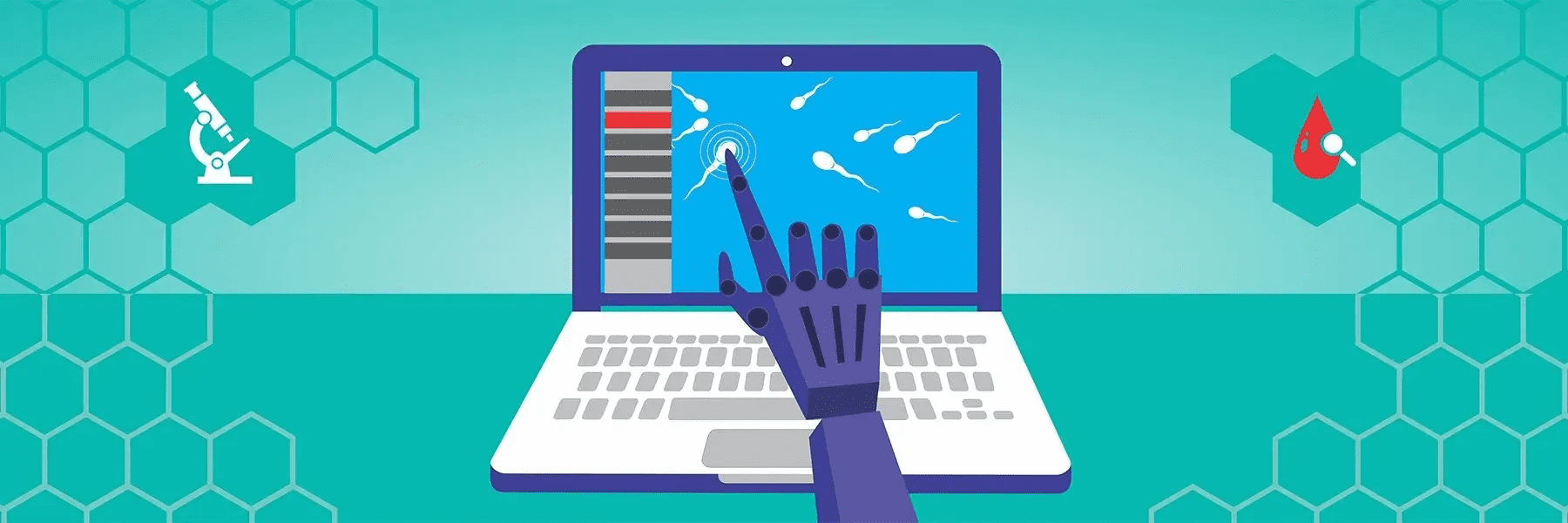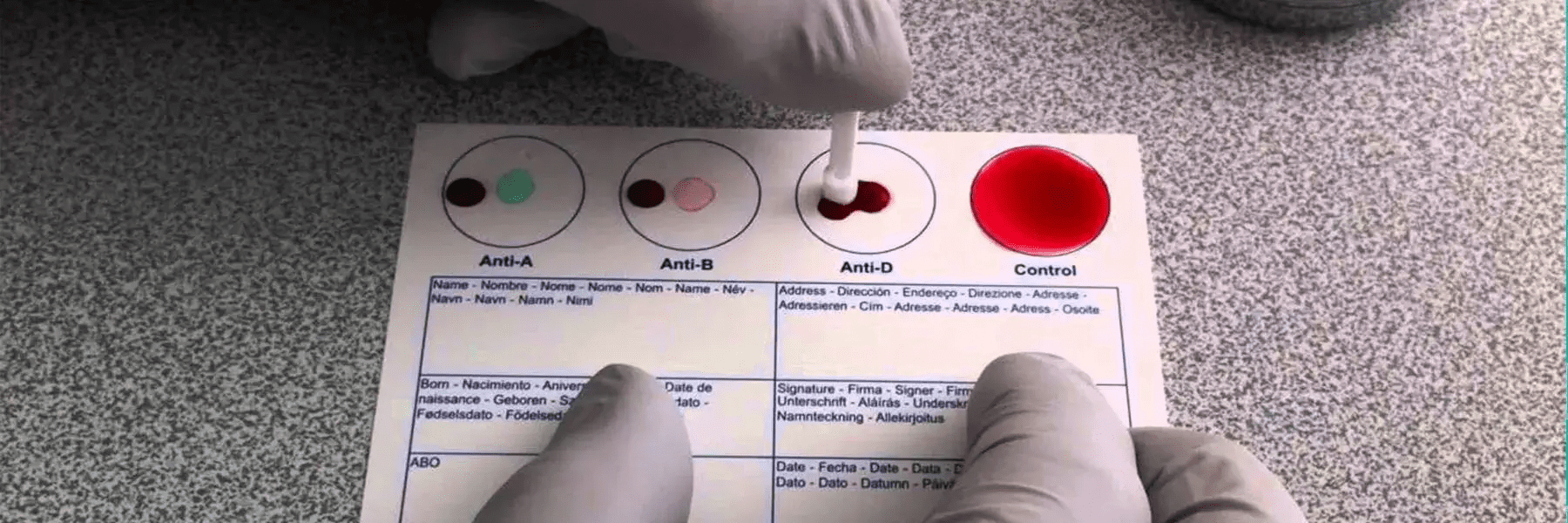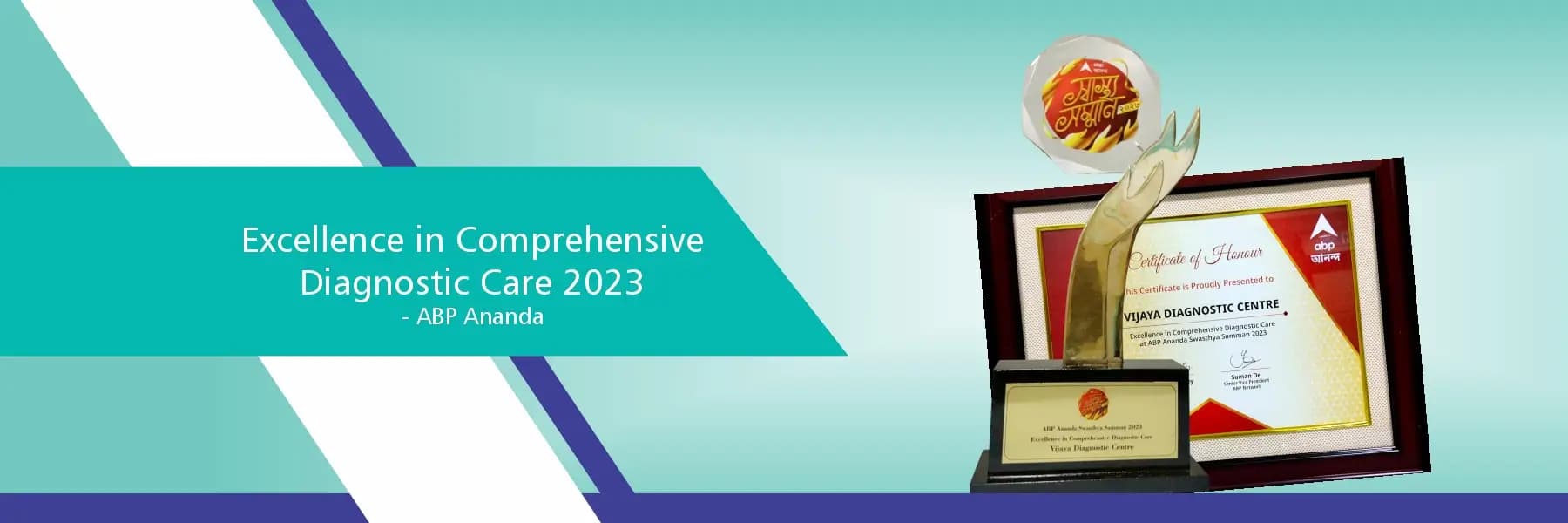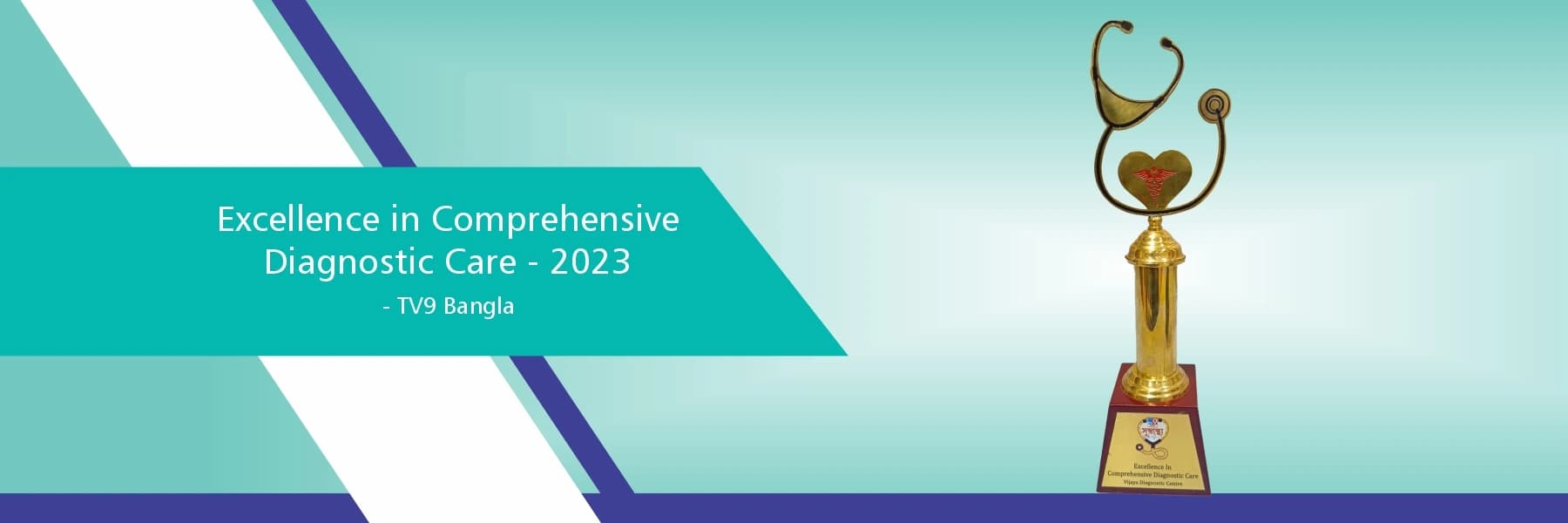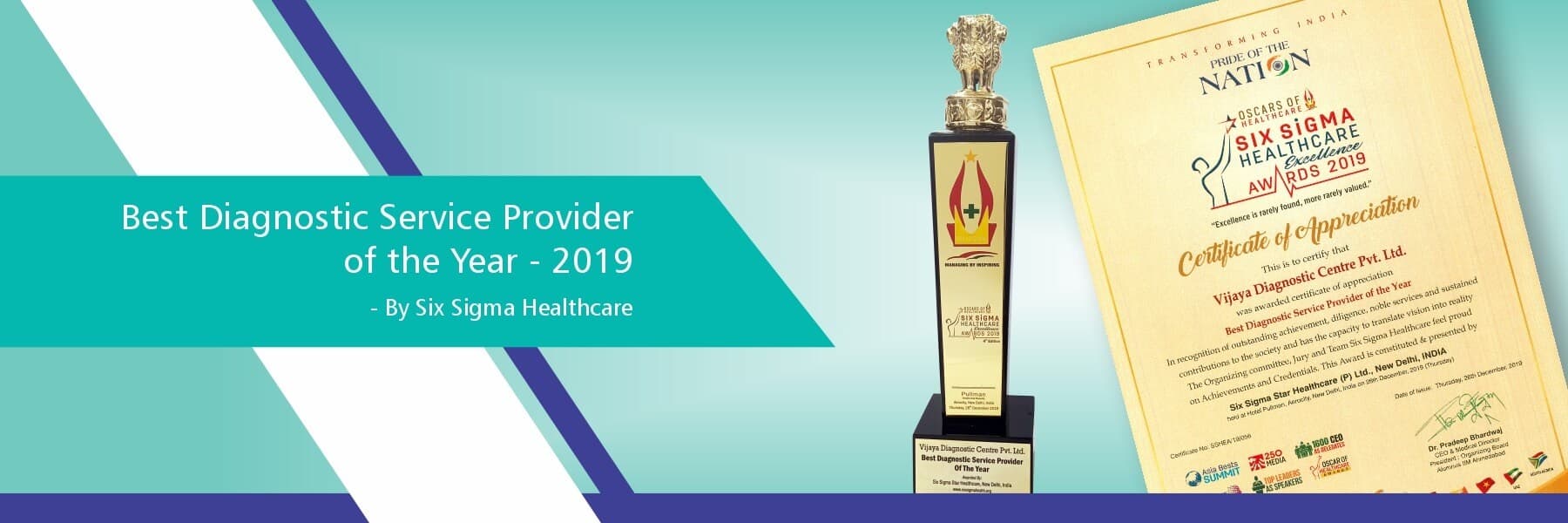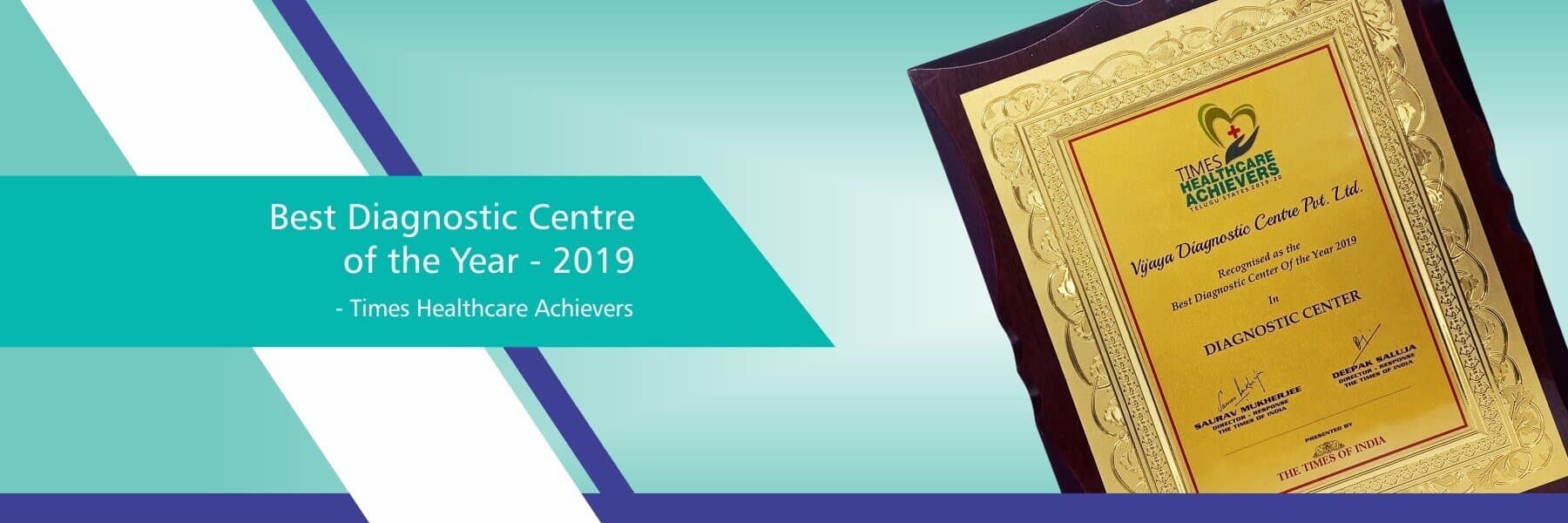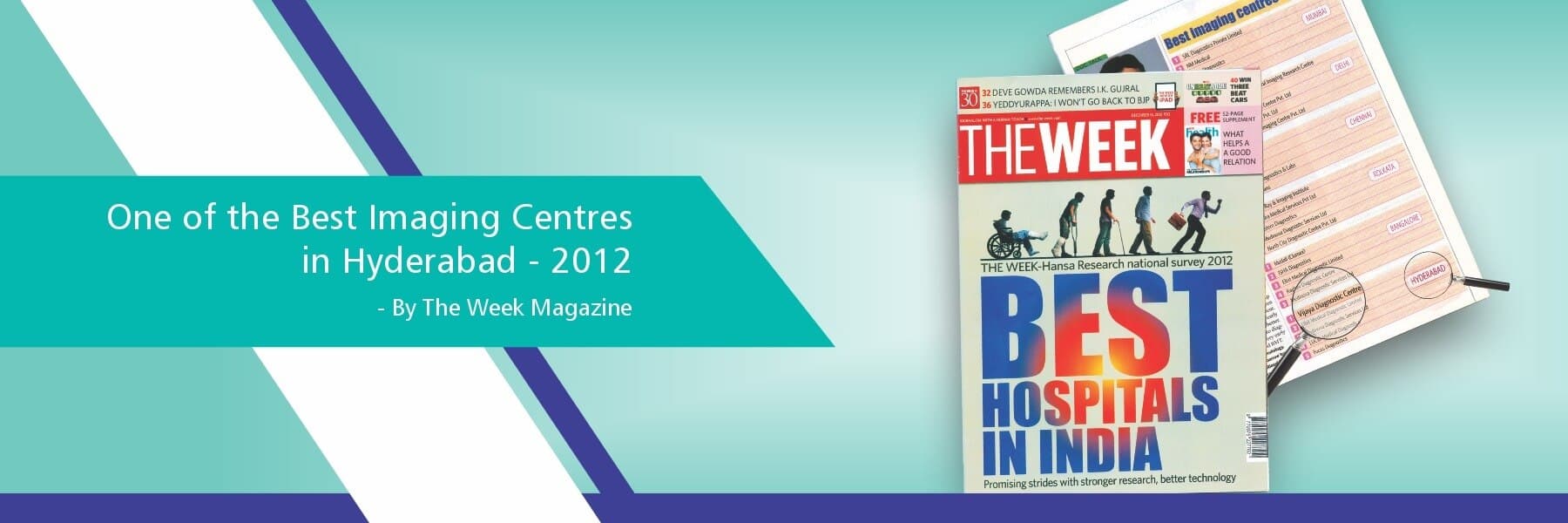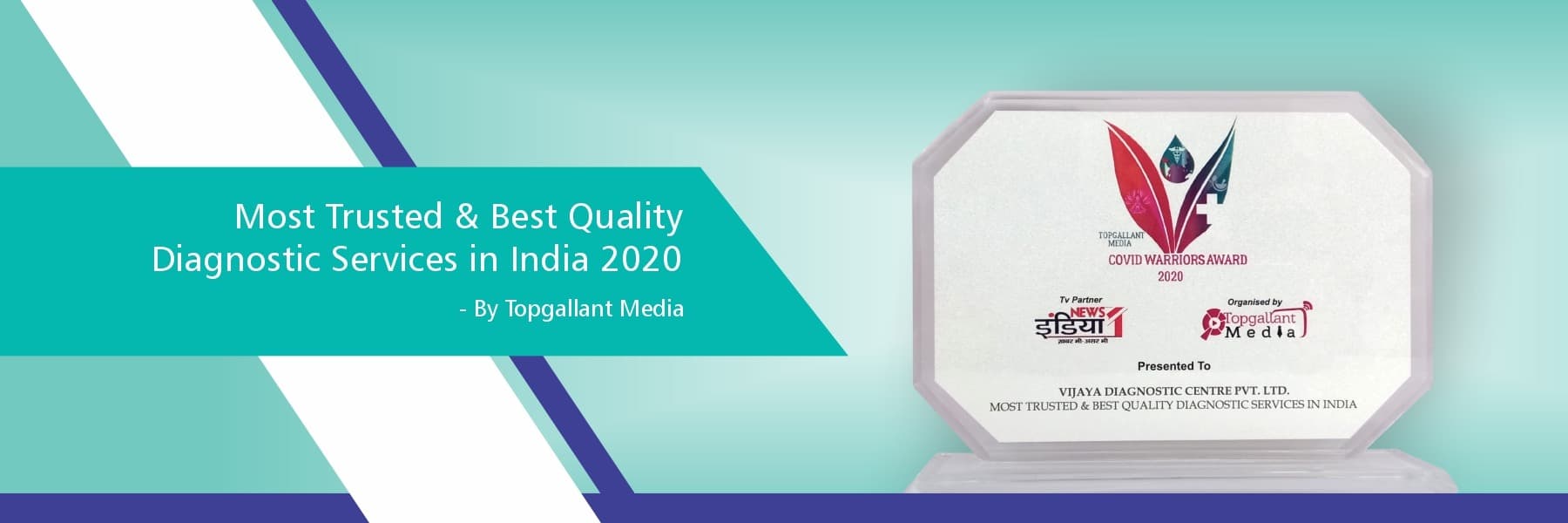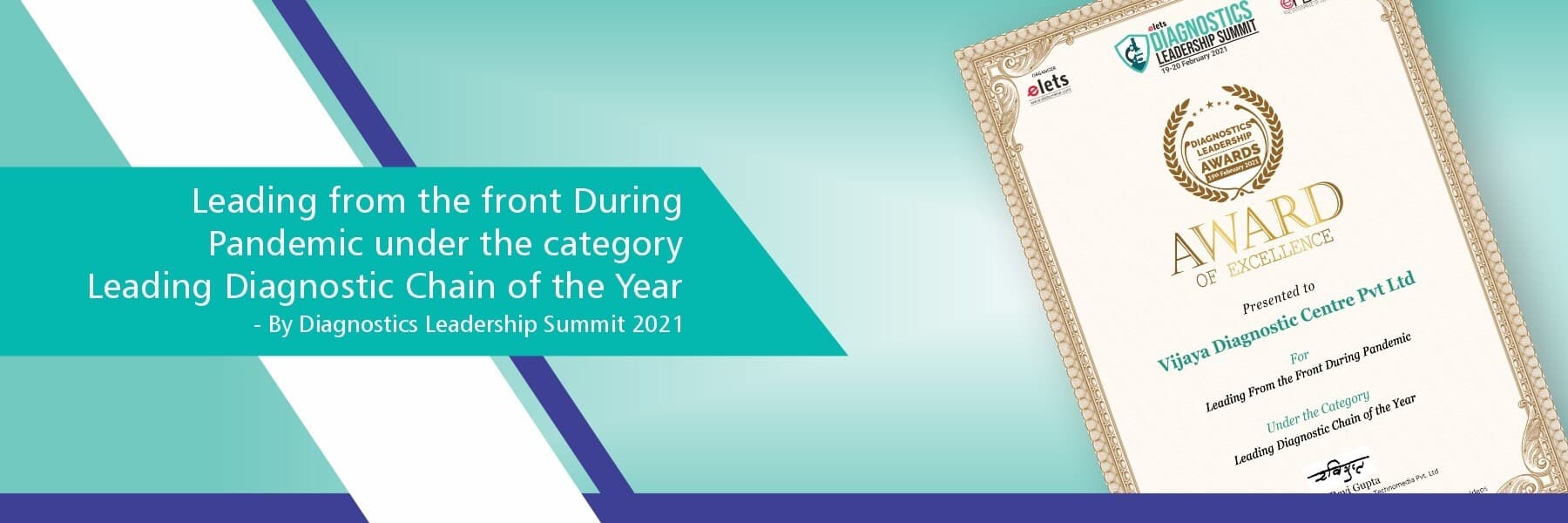1.What is Clinical Pathology?
Clinical Pathology is a highly specialized branch in health care. Its realm is vast and variegated. Also known as Laboratory medicine, it is vital for diagnosis of a disease by paving the way to right treatment and prevention measures. It helps detect diseases by examining the body specimens like blood, urine, stool, sputum or tissues as well as fluids from lungs, abdomen or joints. The Analysis includes microscopic evaluation and molecular techniques. Accurate assessment to detect the cause and nature of a disease is extremely important. It helps doctors to understand the condition of the patient thoroughly. A quality focused good lab with dedicated team and advanced equipment can ensure prompt detection, proper treatment and patient satisfaction.
2. Purpose of Clinical Pathology / Or Why you need the help of Clinical Pathology?
The primary purpose of Clinical Pathology is to detect and assess a disease by examining one’s body specimens like blood, urine, stool, sputum or other body fluids and tissues. Thus it leads to the right treatment and prevention protocol.
Some significant aspects of Clinical Pathology are as follows:
Defining the cause of the problem: Investigations aid the medical consultants to understand the cause of the health disorder. Based on that data treatment protocol can start.
Platform for experiments: With the help of the tests doctors can progress with understanding the disease and can carry out new experiments on medicines and treatment method.
Towards new vaccines: The knowledge and experience of Clinical Pathologists support the medical professionals to come up with new vaccines based on practical research.
Patient benefit: The basic focus is effective treatment of the patients admitted in the hospitals and the general patients at large with accurate and prompt investigation reports.
Data Analysis: Special emphasis is put on data analysis in order to ensure an accurate report.
Laboratory Management: Successful laboratory management has a very important role to play. It covers the entire gamut from keeping a watch on the entire range of equipment to ensuring their perfect functioning round the clock. From checking for first aids availability at emergency times or managing the schedules of pathologists all are aids availability at emergency times or managing the schedules of pathologists all are important for successful functioning of a Lab.
3. Role of a Clinical Pathologist
A Clinical Pathologist is specially trained and experienced in Laboratory activities. He is responsible for analyzing body samples like blood or body fluids under high end microscopes and other equipment to detect the cause of a disease. He takes care of the entire spectrum of Lab disciplines like Haematology, Microbiology, Immunology & Serology, Toxicology, Clinical Chemistry & biology and blood bank. He plays another major role by checking the research data and maintaining the records of quality control and information system as well.
Clinical Pathologists have the expertise to detect and understand a disease on the basis of tests and researches. Although they do not meet the patients but they are an integral part of the treatment procedures by providing accurate information about the patient’s condition.
Clinical Pathologists are in charge of all the following spheres:
Analysis of samples: It includes collection, storage and examination of bodily specimens, tissues, fluids and surgical extracts. Based on their reports the doctors determine the treatment plan.
Taking charge of Blood bank: They are responsible for managing the blood bank. It includes collection and storing of blood to looking into transfusion reactions and checking tissue compatibility for organ transplant.
Disease detection: Study of tissues, tumor or other organs has a major role to play in disease detection. This activity is marked as anatomic pathology – a sub specialty of Clinical Pathology. Cytopathology: It indicates cellular studies to delve deep into the character and growth of a disease.
Forensic: They find out the cause of a death by means of autopsy. It is a legally authorized performance.
DNA & RNA Analysis: It helps determine hereditary diseases/ disorders. Known as Molecular Pathology it is a sphere of advanced research.
4. Types of Specimens required for Clinical Pathology tests
Different types of bodily samples are needed to detect a health disorder. These are primarily blood, urine, sputum, stool and other body fluids/ tissues
Blood: Blood tests help detect most of the health disorders. Blood is usually collected with a needle from veins in the forearm or from finger tips. The blood is examined as Whole, Plasma and Serum.
Urine: Urine is collected by different methods. Collection in a container over 24 hours is Random Method. Urinating in a cup after cleaning the outer genital area is Clean Catch Specimen. Inserting a Catheter to collect the urine is Sterile Urine Test.
Sputum (Phlegm): It is usually tested to detect lungs related diseases. It is often coughed out in a sterile container or taken out with a suction catheter.
Stool (feces): It is a quite common test. Stool has to be collected in a clean container.
Body Fluids: Different types of body fluids are required to detect a number of major diseases. These are – Pleural fluid, Spinal fluid, abdominal fluid, joint fluid and bone marrow.
5. Why will you choose Vijaya Diagnostic Centres?
Vijaya Diagnostic Centre starting its journey four decades ago in Hyderabad, has evolved into a network of 140 centers across 20 cities in India. Each diagnostic center, backed by a range of high-end diagnostic facilities delivers services of the highest quality, characterized by promptness and accuracy.
Our special recognition
We were honoured to be recognized among 10 most trusted brands in 2019 by the Business Sight Magazine for valuable contribution in diagnostic services.
Why we stand apart?
Affordable: With a brilliant and experienced team we offer comprehensive diagnostic solutions at affordable costs.
Wide and diverse spectrum: Our Wide and diverse spectrum includes lab tests, radiology, and nuclear medicine (PET CT and Gamma Camera). We specialize in Head and Neck imaging, an area that demands excellence. We are poised to explore new frontiers with state-of-the-art facilities.
Vijaya Diagnostic Centre Highlights
- India’s largest integrated diagnostic chain
- All our labs are NABL accredited
- 40+ years of trust
- 2000+ highly qualified professionals
Why Vijaya Diagnostic Centre is the right option?
- Unwavering Commitment to Quality.
- We are always prompt, accurate, and meticulous, earning the trust of successful medical professionals over the decades.
6. Important Clinical Pathology tests
The Pathological tests are important to assess a person’s overall health condition or detect a disease. These tests are done on blood, urine, stool, sputum or body fluids. The spectrum of some important tests include:
Urinanalysis : Test that finds out a wide range of health conditions like Urinary tract infection, kidney disease or diabetes.
Stool analysis: Laboratory examination of stool samples to detect stomach issues and other health conditions.
Full blood examination: It studies different types and size of cells in the blood like red blood cell, white blood cell, platelets to detect a disease or assess a health disorder.
Diabetes tests: Mainly blood test to examine the blood sugar count to detect diabetes along with its type and levels.
Liver Function test: Determines the liver health by examining different levels of proteins, enzymes and bilirubin.
Lipid profile: Measures Cholesterol and other fats in the liver to assess the risk of cardiovascular diseases.
Thyroid Antibodies: Measures the number of Thyroid antibodies in the blood. It helps diagnose Thyroid related diseases.
PCR Test: Polymerase Chain Reaction (PCR) is widely used to detect Covid 19. It is a fast and accurate process to detect an infectious virus, a genetic change that may cause a disease.
Basic metabolic panel: This blood test measures eight different substances in the blood and also indicates the electrolyte balance in one’s body.
Iron studies: A group of blood tests that checks iron levels in the blood.
Calcitonin test: It measures the Calcitonin level in the blood. It is a hormone secreted by Thyroid gland.and regulates the levels of calcium in the blood.
Bone Marrow Aspirate:Bone marrow aspiration is a procedure to collect a sample of spongy tissues inside the bone, particularly from spine to detect hematologic malignancy.
Growth hormone test: Blood test to measure the amount of growth hormones, which affect bone and muscle health in children and young people.
Pleural Fluid: A sample of Pleural fluid is analyzed to detect a lung disease, when there is abnormal fluid is accumulation in the pleural region.
Semen analysis: This laboratory investigation of semen checks sperm count and male fertility.
Frequently Asked Questions
1. What types of samples are analyzed in Clinical Pathology?
Ans - Different bodily samples are examined. These are blood, urine, stool, sputum and bodily fluids/tissues from lungs, abdomen, joints and spine.
2. How does clinical pathology contributes towards patient care?
Ans - It helps to identify a health disorder and helps the doctors to detect a disease accurately and promptly. Even during the treatment the investigations help the doctors monitor the patient’s condition and assess progress of the treatment.
3. What role clinical pathology plays in preventive medicine?
Ans - This discipline involves in depth study of diseases, causes and progression which largely contributes to the development of preventive medicines.
4. How does Clinical Pathology contribute to medical research?
Ans - Thorough knowledge about tissues and bio fluids are vital for medical research. Based on this review medical research can advance towards development of new treatment methods and medicines.
5. How long does it take to receive Clinical Pathology Test results?
Ans - Usually test results of body samples like urine, stool or blood take a few hours to a couple of days depending on the investigation specifications. For complex and specialized analysis it may take up a week or more.
Drag & drop your files here, Or
browse files to upload.
.pdf, .jpg & .png formats supported. Upto three files can be uploaded at a time
Blogs
Awards & Recognitions
Diagnostic Education
Frequently Asked Questions (FAQs)
Centre Details & Locations
You can click on the Centre Locator mentioned on the top right bar of our home page website to locate centres in your city. You can also search in Google “Vijaya Diagnostic Centre near to me” to find the nearest centre.
Yes, most of the centres have this facility.
Yes, you can check the operational timing of a branch by selecting the centre you want to visit on our website or Google map of respective centre
Health Checkup & Packages
The validity of a health check package is 30 days from the date of invoice, for more detail to Terms & Condition of use section on our website.
Watch This Video for Detailed Information
Once the validity period is over for your registered package, the package cannot be availed. The amount paid by you during the registration process is non-refundable, non-transferable and gets forfeited if you do not visit the branch within the validity period. The amount paid by you during the registration of the special package cannot be utilized for availing other packages.
No. These are special promotional packages which are available for registration only during the specific campaigns and thus it is important for you to register there during the event/campaign. These are specially designed and discounted packages which are only available during the campaign with specific validity period.
The package once registered, is non-transferable. One has to utilize the package for the registered customer only.
Home Sample Collection
Yes, you can book a Home Sample collection by filling form on our website or calling our customercare number at 9240 222 222.
Yes, you can prepone/postpone an appointment by calling our customercare number at 9240 222 222.
Reports
Visit Home page of our website and click on Download reports icon. You need to login with mobile number and OTP. You will see your latest report in PDF format.
No, your reports would not be shared with anybody else other than you.
Tests Information & Instructions
Yes, fasting is recommended before undergoing a blood test.
Watch This Video for Detailed Information
- Generally, fasting is required prior to administering IV contrast. Fasting for ~ 4 hours (solid foods) is recommended.
- Kidney function test (serum creatinine) in cases of positive clinical history.
- Review of your medical history to determine that no issues exist preventing you from having a CT scan, such as pregnancy / contrast allergy or reaction (i.e., hives, rash, itching, breathing difficulty).
- A person accompany for IV contrast procedure.
- Some CT scans require drinking oral contrast, for approximately 30–60 minutes prior to your scan.
- Some CT scans involve an injection of contrast, for which an IV cannula will be inserted.



